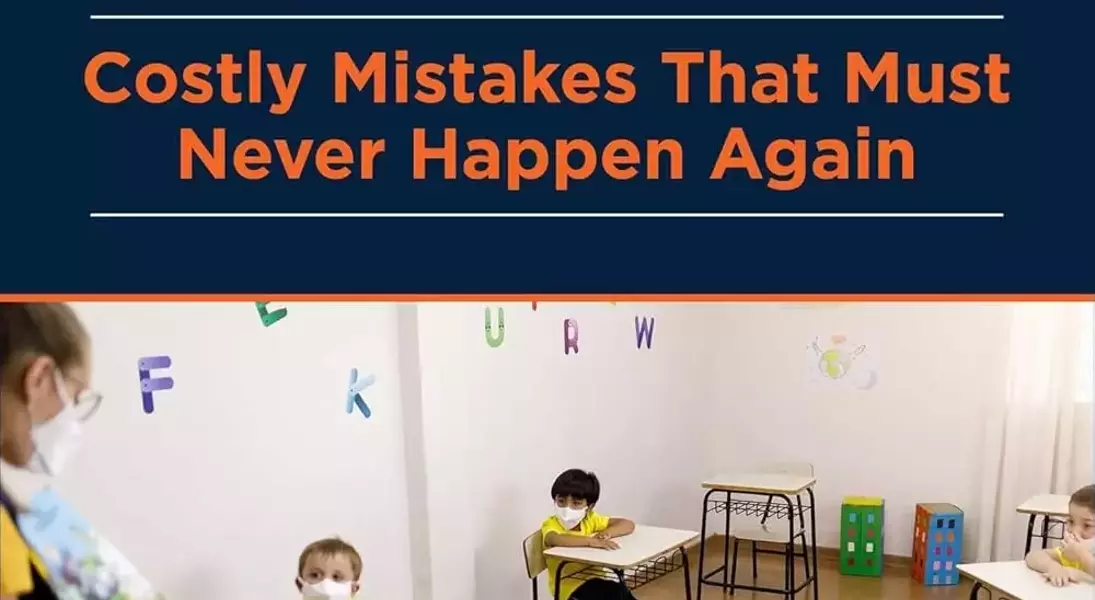
The global response to the pandemic has left a lasting impact on children and adolescents, revealing critical missteps in policy-making. Initially, decision-makers faced challenges due to limited data. However, as reliable information emerged within the first year, many experts advocated for changes that were not implemented. This oversight led to significant consequences, particularly for the mental and physical well-being of young people. The reliance on certain treatments and protocols was questioned by frontline healthcare providers, who warned of potential risks. Meanwhile, social isolation measures disrupted the lives of the most vulnerable populations, affecting their immune systems and psychological health. Lessons from this period highlight the need for more informed and flexible approaches to public health crises.
Early Warnings and Unheeded Advice
During the early stages of the pandemic, medical professionals worldwide began to share insights that could have altered the course of response strategies. Despite the initial uncertainty, these experts identified alternative treatment methods and raised concerns about established protocols. Their recommendations included the use of repurposed medications at earlier stages of infection, challenging the prevailing approach that delayed treatment until severe symptoms appeared. These clinicians also highlighted the dangers of specific hospital protocols, such as the administration of remdesivir, which posed risks like kidney damage, and the underutilization of short-term steroids.
As the pandemic unfolded, credible epidemiological studies suggested that the mortality rate of COVID-19 might be lower than initially reported by mainstream media. Yet, those who voiced these findings faced backlash, often being labeled as spreaders of misinformation. The dismissal of these warnings not only hindered the adoption of potentially beneficial treatments but also undermined trust in public health authorities. The reluctance to adapt policies based on evolving evidence had far-reaching implications, particularly for the youngest members of society, whose health and development were significantly affected by the prolonged adherence to questionable practices.
Social Disruption and Long-Term Consequences
The pandemic's impact extended beyond physical health, profoundly affecting the social fabric that supports children and adolescents. The disruption of social networks, a cornerstone of emotional and psychological well-being, left many feeling isolated and anxious. For the elderly and young alike, the dismantling of these connections resulted in considerable psychological harm. Moreover, the abrupt shift in daily routines and the introduction of strict containment measures altered the way individuals interacted with their environment, impacting immune function and overall health.
The harmonious relationship between humans and beneficial microbes, essential for maintaining robust immune systems, was disrupted by the stringent hygiene and isolation protocols. Parents and guardians observed changes in their children's behavior and health, prompting them to question the long-term effects of such measures. The experience has galvanized parents into advocating for more thoughtful and evidence-based responses to future public health challenges. They emphasize the importance of preventing repeated global shutdowns and extended school closures, ensuring that the lessons learned from this unprecedented event are not forgotten. The call for grassroots efforts underscores the need for a balanced approach that prioritizes both public health and the well-being of the next generation.
